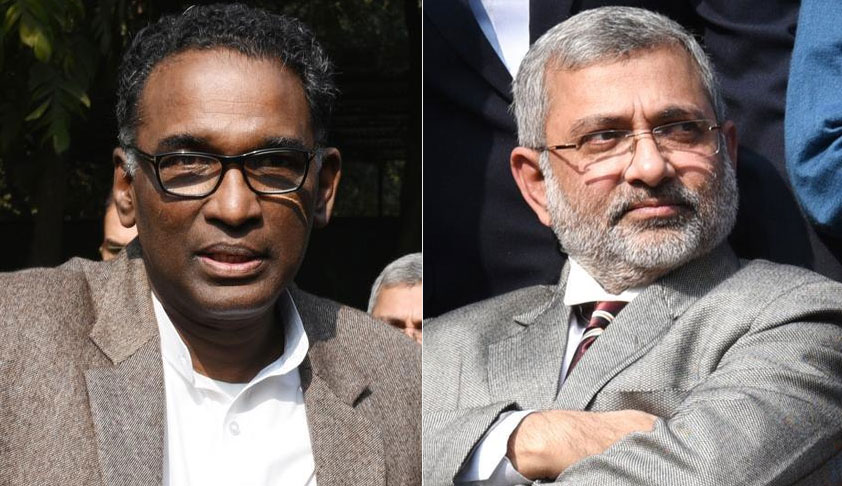Won't Take Up Any Post-Retirement Jobs: Justices J. Chelameswar And Kurian Joseph
Apoorva Mandhani
10 April 2018 5:22 PM IST

Next Story
10 April 2018 5:22 PM IST
Justice J. Chelameswar and Justice Kurian Joseph- two of the five senior-most Judges of the Supreme Court- have vowed to not take up any post-retirement jobs.Justice Chelameswar had, while being interviewed by acclaimed journalist Mr. Karan Thapar at the recent Harvard Club of India event, announced that he shall not seek employment under any government. He is set to retire on 22...
